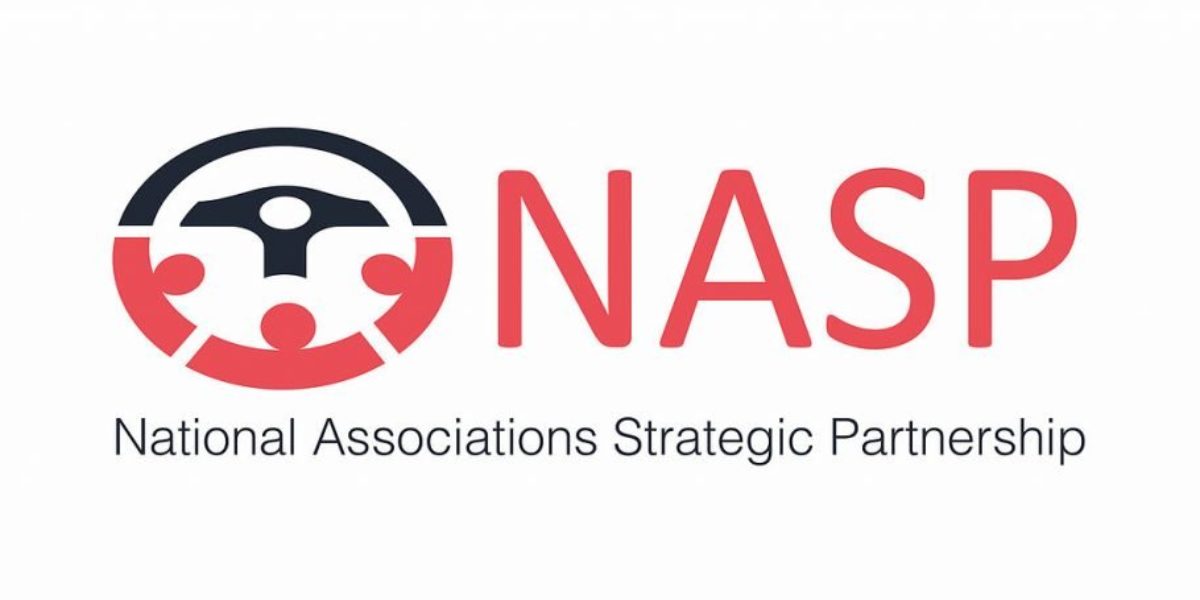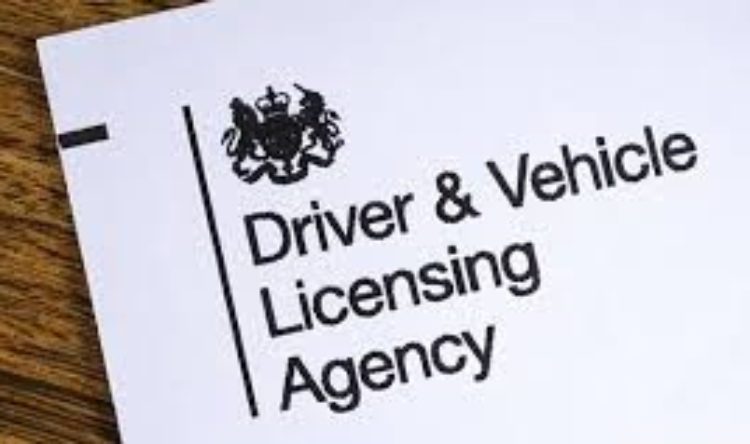Concerns remain over Standards Check changes
NASP releases new statement on discussion with DVSA
Statement from the National Associations Strategic Partnership (NASP):
As part of the continuing dialogue between NASP and DVSA concerning issues arising from the agency’s recent change in approach to prioritising Standards Checks, NASP met again with the regulator this week. At this meeting we discussed continuing concerns, raised further questions and pushed for answers and further clarification on points previously raised.
Whilst NASP recognises the merit of using performance data derived from pupil’s tests as a part of measuring trainer performance, as a result of this week’s meeting we continue to have grave concerns about how this data will be derived and used, the overall impact of the new approach and the manner in which it has been brought into being – i.e. with little or no proper consultation.
Overall, NASP still does not feel our (and the industry’s) concerns have been satisfactorily addressed on this important issue.
NASP’s key concerns are:
• The way data is generated. Performance data is derived from a certificate in a window, is this too unreliable a way of deriving such important data? Should data be drawn from a wider set of data points, and submitted in a more consistently reliable way, ensuring a more reliable picture of an individual’s performance? Could more time and thought be given to
better ways of generating more reliable data?
• DVSA have indicated the data to be utilised is a snapshot of the trainer’s performance in the last 12 months. This will be problematic for ADIs currently, or shortly, facing review given the highly exceptional circumstances of the last 12 months (i.e. during a pandemic and
multiple lockdowns). In this respect, NASP has asked if this a fair period of time across which to judge trainer performance. As many pupils have undoubtedly been less prepared for tests within the last 12 months (through no fault of ADIs or pupils), and some ADIs have been
under pressure to take pupils to test when they may not have ordinarily done so, NASP would argue evaluating ADIs across the last 12 months data in isolation would be unfair.
• With such a focus on test performance as an indicator of ADI performance, are DVSA in danger of encouraging the very behaviour of training pupils to pass a test (rather than training pupils to be able to enjoy a lifetime of safe, independent driving) that they maintain they are focused on discouraging?
• How are trainers who rarely take pupils to be monitored and managed adequately if they generate little or no test data?
• What happens to newly qualified ADIs?
• We have serious concerns over the levels of triggers that have been produced and whether they are realistic. DVSA have said that the average fault trigger is an average of faults of all ADIs. If this includes those that do not bring learners to test, then it is unrealistically low as an average. DVSA have said the pass mark trigger is 55%, NASP is concerned whether this is
achievable by ADIs working out of test centres where the average pass rate is 35%.
• NASP have asked DVSA to explain in detail to the industry how the above parameters were arrived at.
• Is DVSA in danger of making it difficult for some people to find an ADI, SEN, slower learners, older learners for example? Especially if ADIs are focussed on their performance indicators and will only take those to test who will have the best impact on those performance indicators?
• NASP does not support the non-display of badges as a reason for DVSA to call for an early Standards Check.
ADIs blamed
NASP is also concerned that recent feedback from the industry on this issue indicates trainers overwhelmingly feel that DVSA are now blaming low pass rates on ADIs. DVSA maintains that the new focus on test performance (and using test data as a metric to evaluate trainer performance) will encourage trainers to ‘up their game’ and, in turn, improve pupil performance.
However, NASP is concerned at both the inference (deliberate or otherwise, poor communications by the agency on this matter have certainly left trainers with this impression) that ADIs alone are responsible for poor pass rates and the renewed focus of the agency on pass rates as a key performance indicator, as this in particular seems at odds with the principles promoted (by both the agency and the industry) of preparing pupils for a lifetime of safe driving – and not just training them to pass a test.
More time needed
Due to the remaining concerns the industry has (and the many questions still unanswered) on this change, NASP continues to recommend that DVSA delays the wholescale introduction of this approach – and holds back establishing it as the ‘norm’. This would at least signal the agency recognises the issues already identified, would allow more time for all stakeholders to evaluate the potential for further issues, and more importantly allow the regulator, the industry and individual trainers to properly prepare the ground for such a crucial change – and to make sure this change is for the better, for all concerned.
NASP also contends that a ‘fix’ to resolve current test resourcing issues should not become a mainstay of instructor regulation without proper review and consultation.
Indeed, NASP would urge DVSA to instead view this current ‘new’ approach to prioritising Standards Checks as a pilot for at least 6 months (rather than establish it now as a done deal, and standard operating process). This would give some comfort that DVSA were listening and taking the many issues and concerns highlighted onboard. It would also allow both the agency and the industry to continue a productive dialogue about what works (or doesn’t work) about the approach and enable for more consultative and considered decision making on what could work better in terms of developing trainer performance, pupil performance and improving road safety overall.
At the end of such a pilot, we would then recommend DVSA shares the results of such and allow the industry to properly consult on its wholesale introduction. And only after such review and consultation establish it as the norm for all trainer performance management, including also vocational and motorcycle trainers (who do not fall into the scope of the current changes).
Lynne Barrie, current NASP Chair
NASP consists of ADINJC, DIA, MSA GB
8.9.2021






